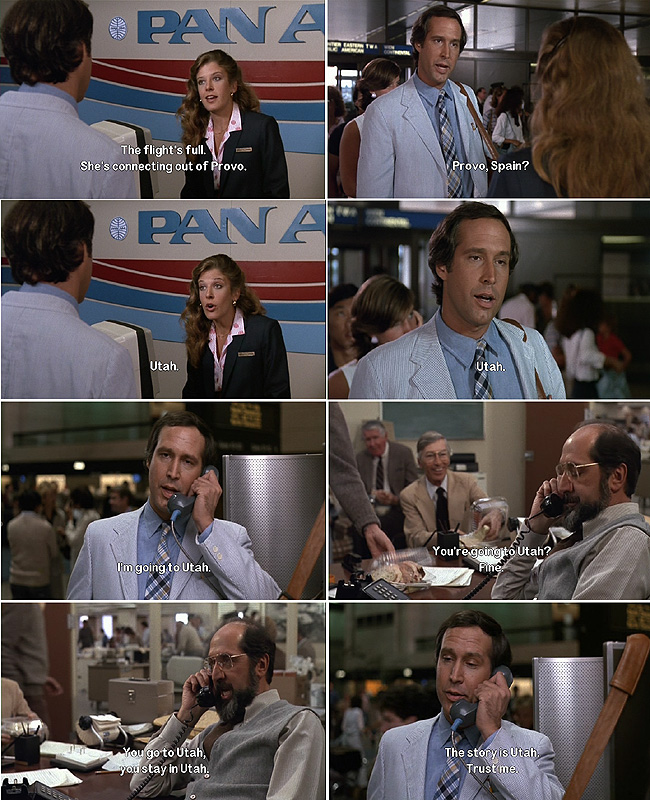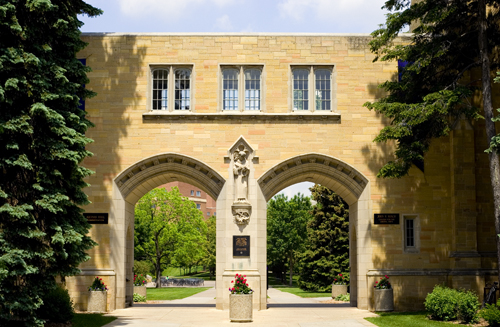 The jaguar goes up the center of the drive toward a white-pillared mansion. The lawns and planting are spectacular. Fletch stares out the window.
The jaguar goes up the center of the drive toward a white-pillared mansion. The lawns and planting are spectacular. Fletch stares out the window. 
 The jaguar goes up the center of the drive toward a white-pillared mansion. The lawns and planting are spectacular. Fletch stares out the window.
The jaguar goes up the center of the drive toward a white-pillared mansion. The lawns and planting are spectacular. Fletch stares out the window. 


.jpg) As much as this show has had its ups and downs, and whole seasons when I haven't watched a single episode, it must be admitted that it has been a perpetual laugh-maker, humour-former, culture-feeder, and televesion mainstay for several generations. I loved the Farley/Hartman years and have a plethora of skits from this show forever ingrained in my psyche. This show was the single greatest bond of my high school friendships and has been the fodder for many, many laughs.
As much as this show has had its ups and downs, and whole seasons when I haven't watched a single episode, it must be admitted that it has been a perpetual laugh-maker, humour-former, culture-feeder, and televesion mainstay for several generations. I loved the Farley/Hartman years and have a plethora of skits from this show forever ingrained in my psyche. This show was the single greatest bond of my high school friendships and has been the fodder for many, many laughs.
4. M*A*S*H*
 Even though I'm sure a lot of the political edginess wore off by the time I watched it, this show still made some of the most poignant statements about life and war that I've ever seen on television and it managed to be heartwarming and funny as well. Very funny actually. I must have laughed out loud between ever commercial break. Even if I teared up at some of them too. What an amazing show.
Even though I'm sure a lot of the political edginess wore off by the time I watched it, this show still made some of the most poignant statements about life and war that I've ever seen on television and it managed to be heartwarming and funny as well. Very funny actually. I must have laughed out loud between ever commercial break. Even if I teared up at some of them too. What an amazing show.
3. NYPD Blue

 For all that might be said about this show's legacy (turning the trivial into the important and the important into the trivial), it was supposed to be a comedy, not a worldview former! And as a comedy it hit the mark like no show ever has. Unlike the Simpsons, it bowed out before it got repetitive and boring. It was always, always, always, very, very, very funny.
For all that might be said about this show's legacy (turning the trivial into the important and the important into the trivial), it was supposed to be a comedy, not a worldview former! And as a comedy it hit the mark like no show ever has. Unlike the Simpsons, it bowed out before it got repetitive and boring. It was always, always, always, very, very, very funny.
I don't know where to start with this show. The best and smartest writing, acting, and story-lines I've seen on any screen. It was funny. It was intelligent. It was timely. It was gripping. It was moving. It was a fine peice of work. It is sorely missed. I don't know why its viewership slipped. I hardly watch TV any more since this went off the air.
 I find it very interesting that Augustine, in the fifth century, said:
I find it very interesting that Augustine, in the fifth century, said: